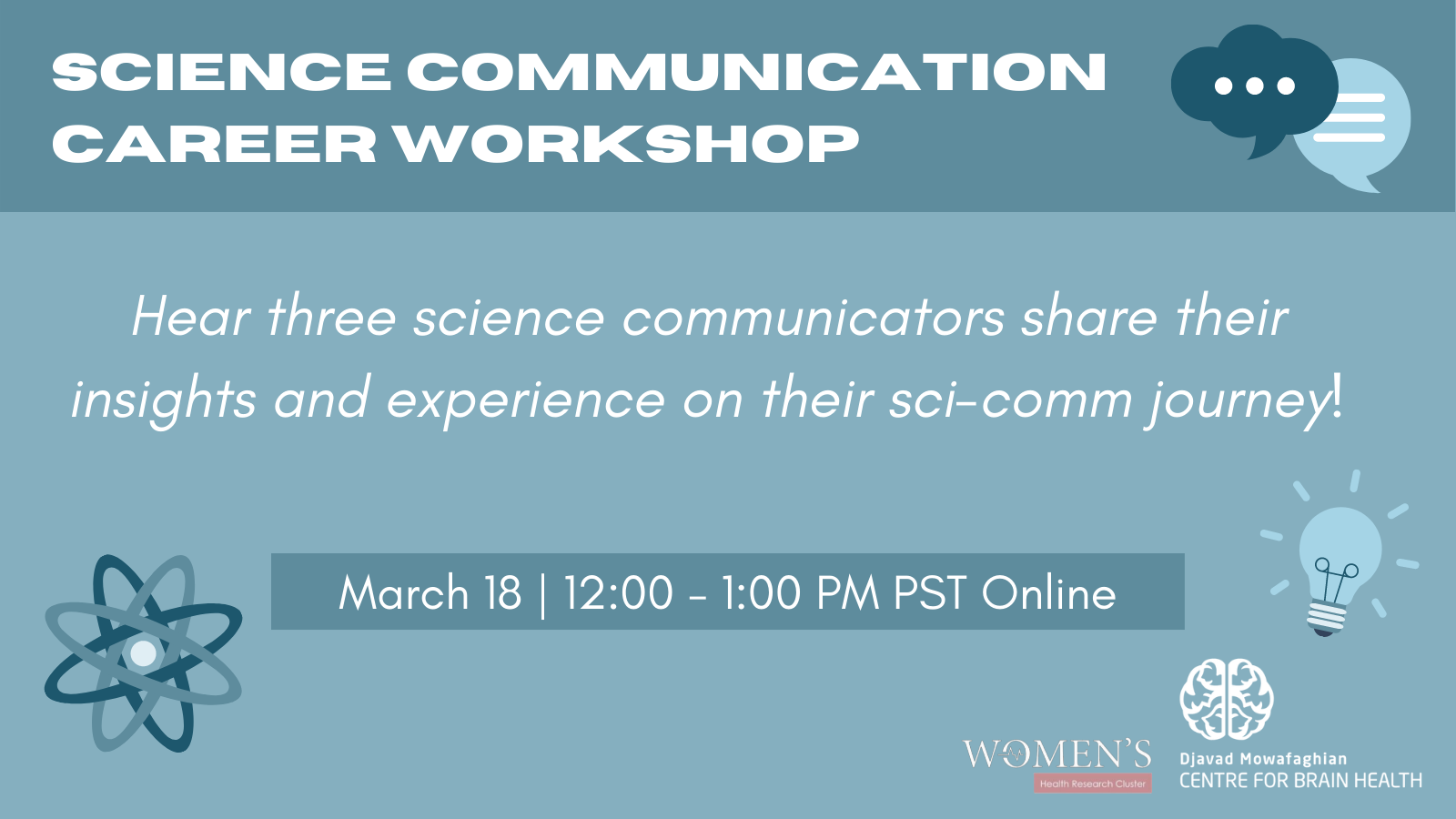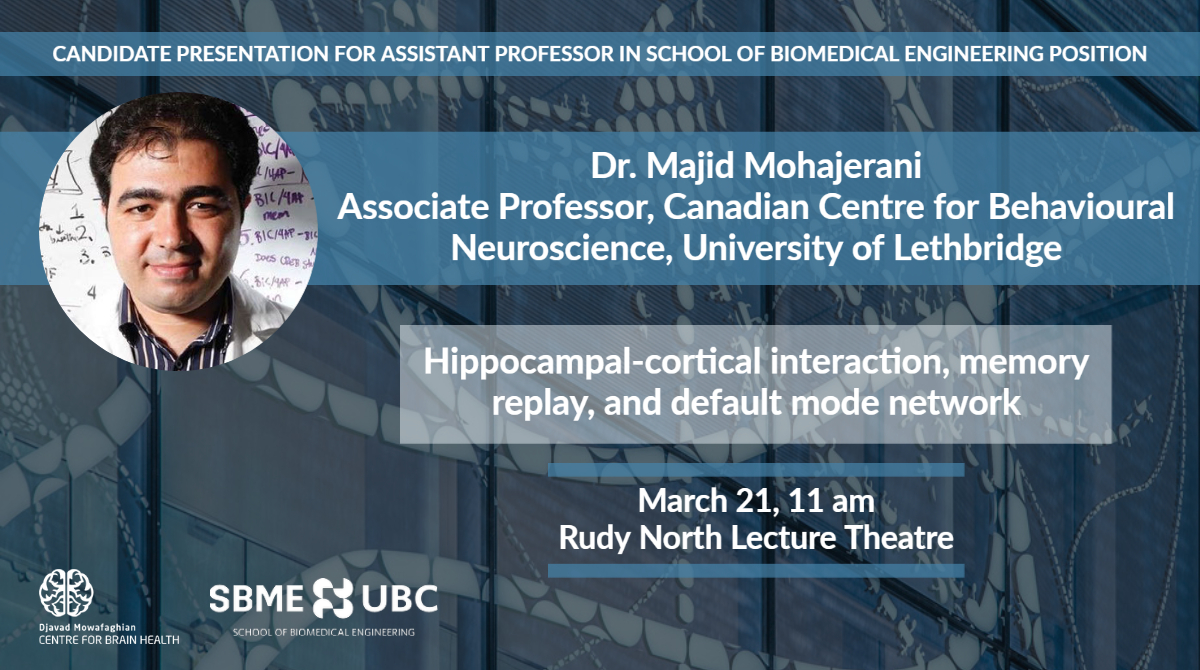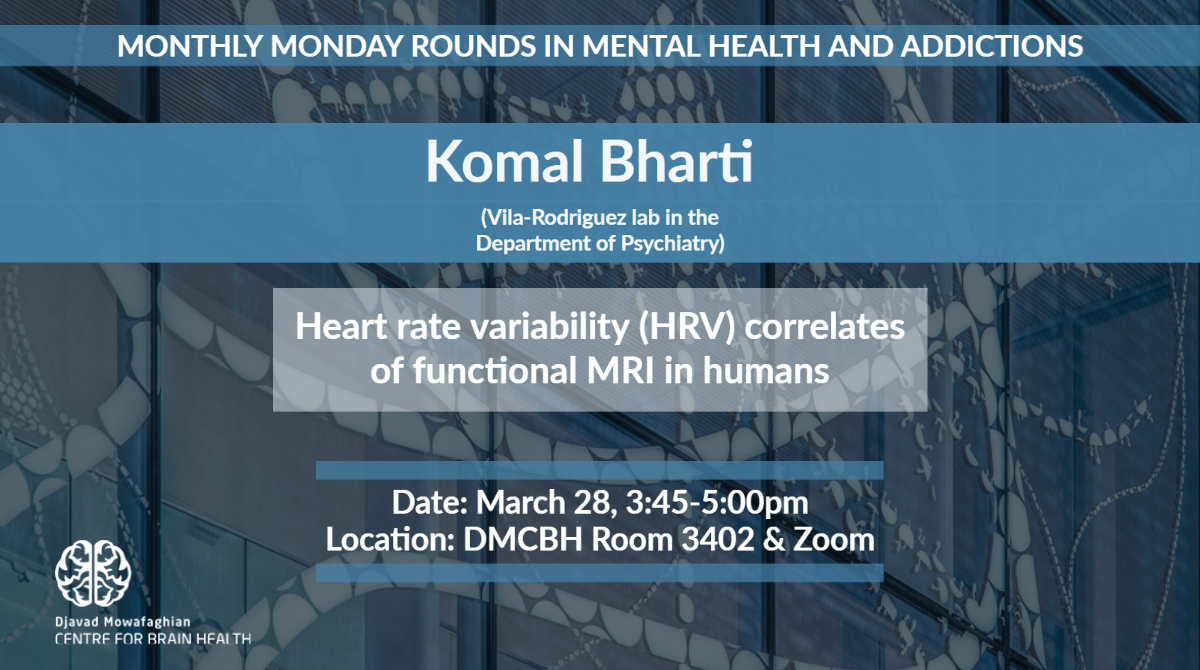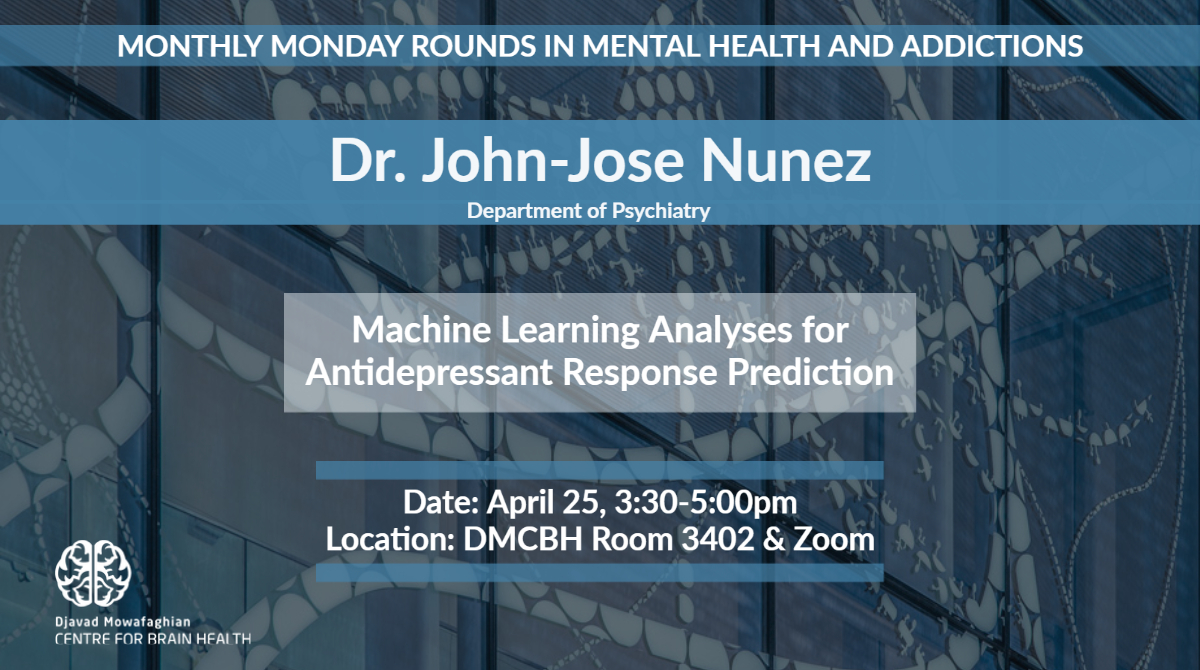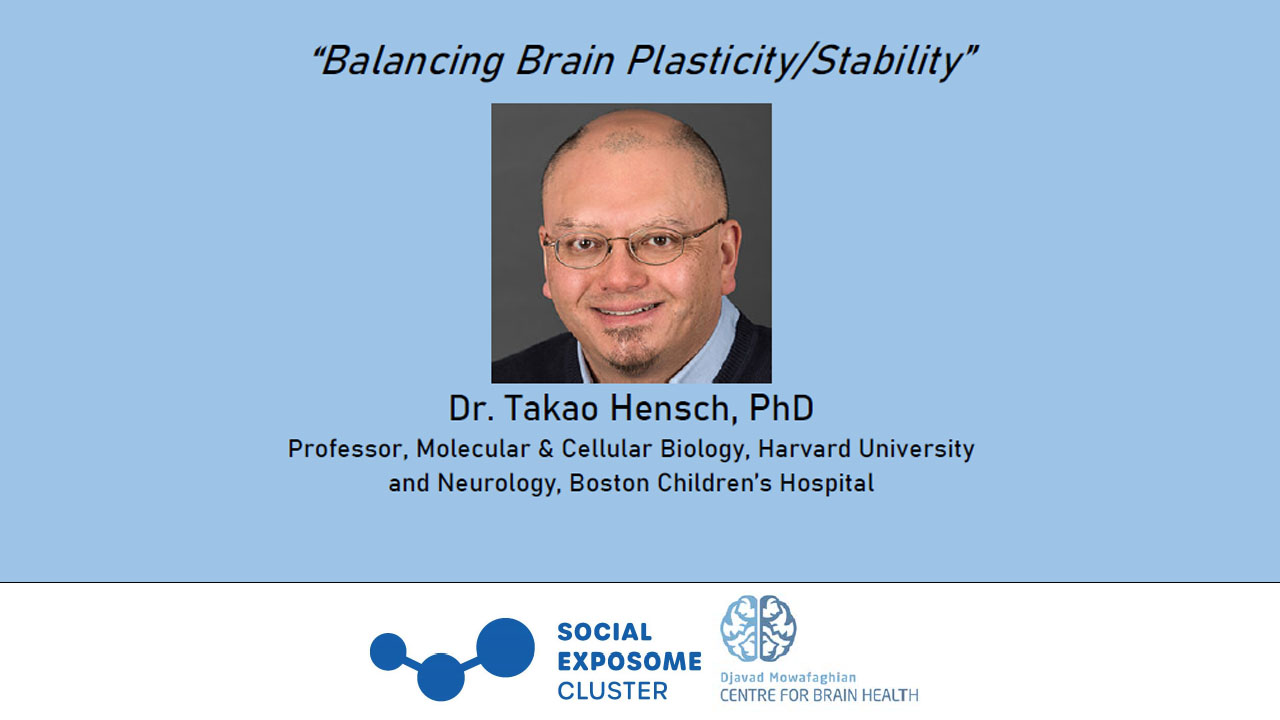Dr. Kate Wassum: Amygdala circuitry in reward learning and decision making
Rudy North Lecture Theatre, Djavad Mowafaghian Centre for Brain Health 2215 Wesbrook Mall, VancouverTo make adaptive decisions we must cast ourselves into the future and consider the outcomes of our potential choices. This prospective consideration is informed by our memories. I will discuss our lab’s recent work investigating the neural circuits responsible for encoding, updating, and retrieving reward memories for use in the considerations underlying decision making. We […]
Learn More
